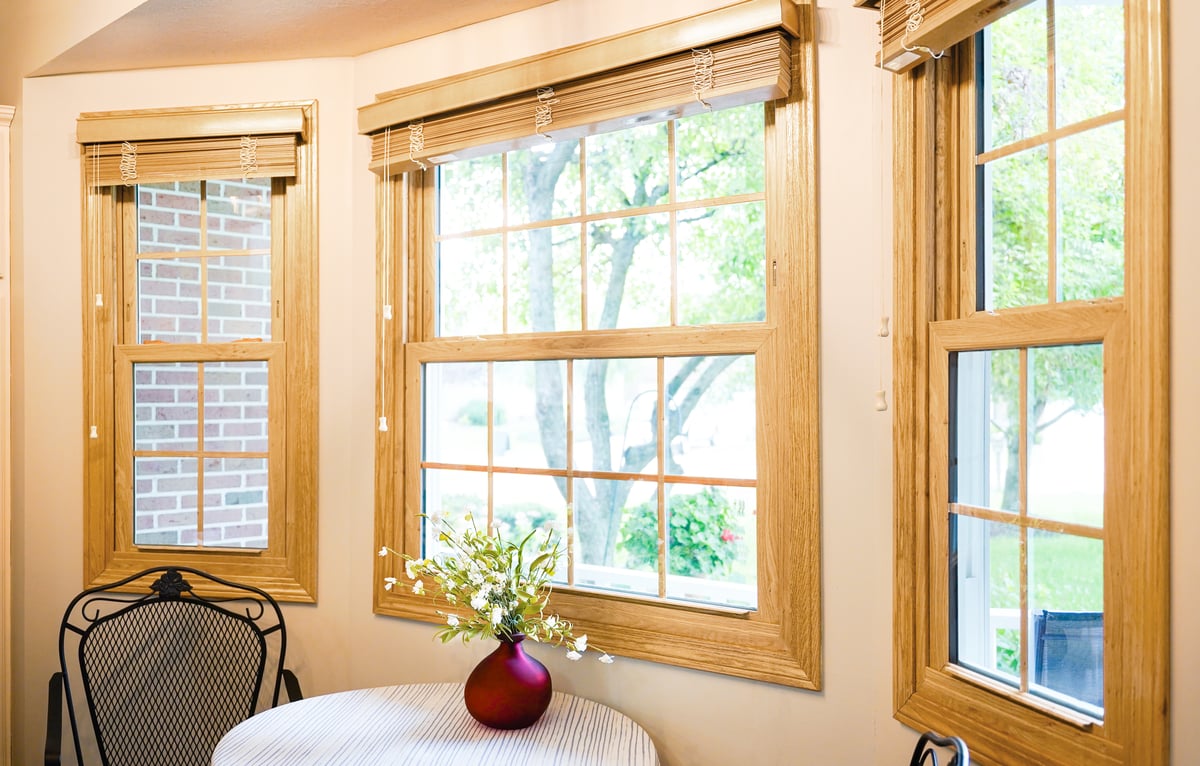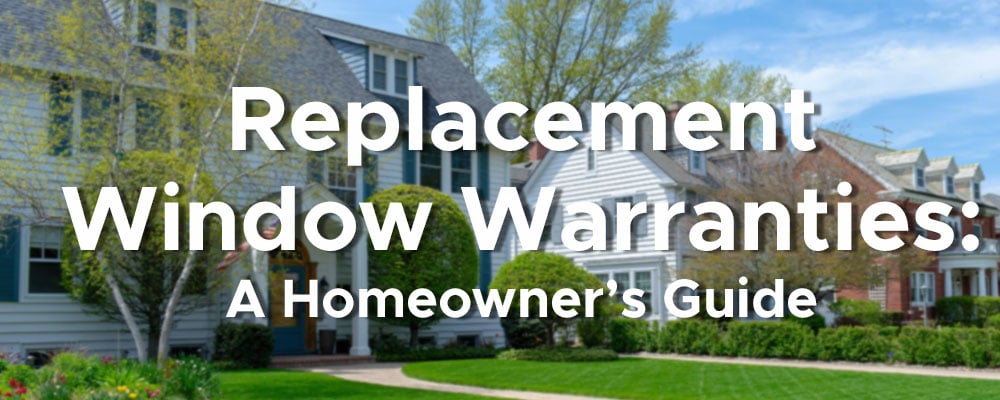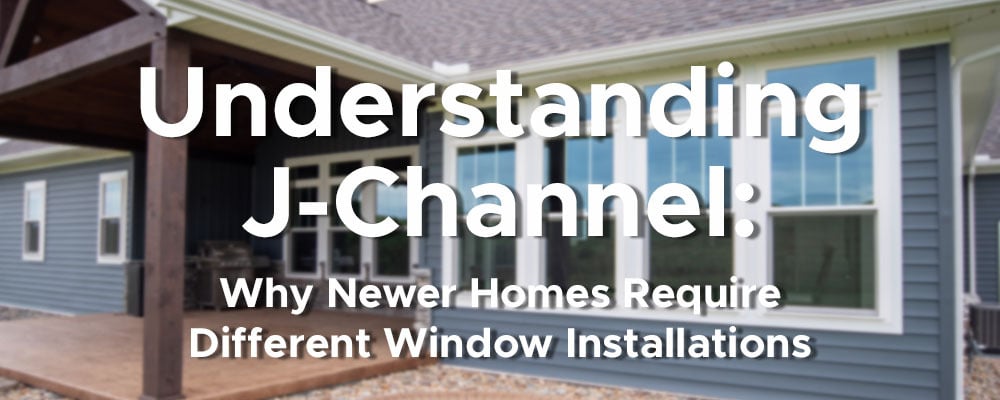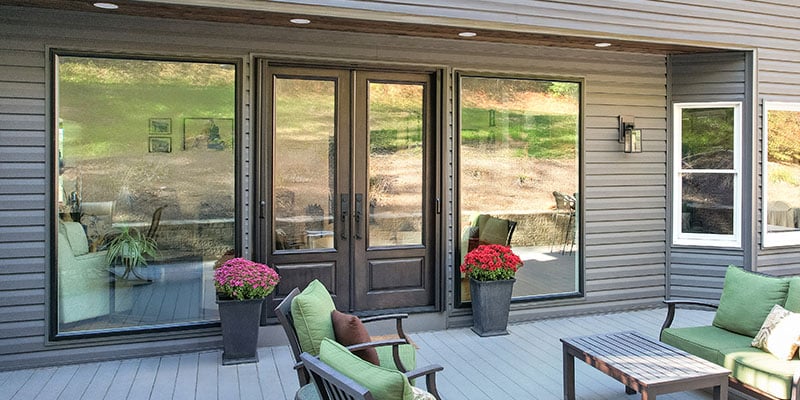Window & Door Contracts in PA: Know Your Rights & How to Cancel
November 10th, 2025
8 min read
By Chris Saxton

Have you ever signed a home improvement contract and immediately felt unsure? Or worse, realized something was missing after it was too late to cancel?
When you invest in new windows or doors, you’re not just buying a product, you’re signing a legal agreement. And in Pennsylvania, understanding that agreement can protect your home and your wallet.
Homeowners in the Pittsburgh area deserve to feel confident that what they’re signing up for is exactly what they’ll receive. That confidence starts with knowing your rights, understanding the fine print, and working with a contractor who values transparency as much as craftsmanship.
This guide breaks down what to look for in your contract, what your legal rights are in Pennsylvania, and how to spot red flags before signing anything. Let’s break it down so you can sign with confidence.
Table of Contents
Why Knowing Your Rights as a PA Homeowner Matters
Trust is earned, but protection is written.
Not every contractor plays by the same rules, and not every warranty means what you think it means. In the Pittsburgh area, homeowners regularly encounter differences between local, family-owned contractors and national chains with complex legal documents.
Knowing your rights under Pennsylvania’s Home Improvement Consumer Protection Act (HICPA) gives you peace of mind from start to finish.
If you’re starting the window or door buying process, you might also like Window Installation 101: What Every Homeowner Needs to Know Before Replacing Windows.
What Should a Legitimate Window or Door Contract Include?
A clear, detailed contract is your best protection against misunderstandings later. Every homeowner should expect the following in writing:
| Contract Element | What You Should See (✅) | What to Watch For (🚩) | Why It Matters |
|---|---|---|---|
|
PA Registration |
Listed on contract and website |
Missing or unverifiable |
Confirms they’re legally authorized |
|
Scope of Work |
Clear details on materials, timeline, extras |
Vague language or “standard install” |
Prevents unexpected costs or shortcuts |
|
Warranty Provided |
In writing before signing |
Only shared after install or on request |
Avoids gaps in future service coverage |
|
Payment Terms |
30–33% deposit, written schedule |
Over 50% down or no schedule |
Protects against financial risk |
|
Cancellation Policy |
3-day grace period (even in showroom) |
“No cancellations” or high-pressure sales |
Gives you time to rethink without penalty |
|
Installer Info |
Employee installers listed or explained |
“Certified partner” or independent subcontractors with no details |
Ensures work is covered by the right team |
Pro Tip: Always ask for a copy of the warranty before signing. Some companies won’t share it until after installation, a major red flag that often leads to frustration.
How Do I Know If a Contractor is Reputable in Pennsylvania?
When you’re comparing window or door companies, it can be hard to tell who’s legitimate and who might leave you with regrets later.
Here’s a simple way to vet any contractor before signing anything and protect yourself from making an expensive mistake.

Start with Their Registration and Licensing
In Pennsylvania, every home‑improvement contractor is required by law to register with the Attorney General’s Office under the Home Improvement Consumer Protection Act (HICPA).
A reputable contractor will:
-
Display their PA registration number on every contract, website, and marketing material. Always confirm your contractor’s registration here on the Attorney General’s website.
-
Be able to provide proof of registration immediately when asked.
-
Include clear disclosures describing the exact work and materials covered.
If a company can’t show you a registration number, that’s a sign to walk away.
Confirm Your Legal Rights Before You Sign
Under HICPA, you’re entitled to several key protections when signing a contract:
-
A full written description of the work being done
-
Total price and payment schedule clearly listed
-
Three business days to cancel if the contract was signed in your home or at a home show
Trustworthy contractors make these rights easy to understand. And many (including Energy Swing Windows) even honor that same 3‑day grace period for showroom contracts, so you never feel pressured to decide on the spot.
Ask About Transparency and Accountability
Before a company earns a spot on your shortlist, ask:
-
Who performs the installation — their own employees or subcontractors?
-
Will you receive copies of the warranty before signing?
-
How do they handle service issues or disputes?
-
Do they have a physical business address and local references?
Honest answers to these questions separate legitimate companies from the ones you’ll wish you’d avoided.
Quick Checklist: Signs of a Trustworthy Contractor
-
 Registered with the PA Attorney General
Registered with the PA Attorney General -
 Clear written contract and warranty before signing
Clear written contract and warranty before signing -
 Low‑pressure sales process (you never feel rushed)
Low‑pressure sales process (you never feel rushed) -
 Local address and proven track record
Local address and proven track record -
 Transparency about who does the work
Transparency about who does the work
If a contractor checks all those boxes, you can feel confident adding them to your shortlist.
What Are My Cancellation Rights (And When Do They Apply)?
Even if a contractor seems reputable at first, you might later realize something doesn’t feel right, or you may just get cold feet.
That’s why it’s critical to understand your right to cancel, and when it applies.

Here’s When You Can (and Can’t) Cancel a Home Improvement Contract in PA
Many homeowners assume that the three-day cancellation period applies no matter where they sign, but that’s not always the case.
The federal 3-day “Cooling-Off Rule” only applies to off-site contracts, like at your home or at a home show.
It does not apply if you sign in the company’s showroom or office. That means unless the company voluntarily offers a cancellation window, you’re locked in immediately after signing.
It’s a common tactic with high-pressure sales teams: get you in the door, make a big promise, then close the deal quickly before you can second-guess it.
However, trusted contractors (like Energy Swing Windows) will voluntarily honor that same 3-day grace period, even for showroom appointment. It’s a way of ensuring homeowners never feel pressured to sign on the spot.
It’s simple: if you’re not 100% confident after signing, we’d rather you take a step back than move forward uneasy.
Ask These Questions Before Signing
To protect yourself, ask the salesperson:
-
Do I have a cancellation window even if I sign in your office?
-
What happens if I change my mind the next day?
-
Do you provide everything in writing up front — no surprises?
If they hesitate or get vague, that’s your cue to pause and get a second quote.
How Can a Warranty Really Protect You (And Where It Can Fail)?
You’re told your new windows or doors have a “lifetime warranty.” But what does that really mean?
Most homeowners don’t realize there are three separate types of warranties (sometimes handled by three separate companies or people) and if even one isn’t covered, you could still end up paying out of pocket.
The 3 Key Warranty Types You Need to Ask About:
| Warranty Type | What It Covers | Who Handles It | Watch For |
|---|---|---|---|
| Manufacturer Warranty | Product defects or glass failures | Usually the manufacturer | May not include labor or all components of the product |
| Installation Warranty | Workmanship or fitting issues | Contractor or subcontractor who did the install | Commonly overlooked, often voided by poor maintenance |
| Labor Warranty | Cost of service visits or repairs | Contractor | Sometimes limited to 1–2 years. Doesn’t cover cost of parts |
Questions to Ask before signing:
-
Will I have to pay for labor if something breaks?
-
Who actually services the warranty? Your team or the manufacturer?
-
What could void the warranty (and is it in writing)?
Example: Some companies advertise “lifetime glass coverage” but only cover the glass, not the labor to replace it. Labor can cost hundreds of dollars per hour, so make sure both are spelled out.
Learn more about warranty terms in our guide: A Pittsburgh Homeowner's Guide to Replacement Window Warranties.

What Are the Warning Signs of a Bad Contract or Company?
You’ve probably heard the saying: if it sounds too good to be true, it probably is. Here are some of the biggest warning signs homeowners should avoid:
-
High-pressure sales tactics – “Today-only” discounts or limited-time deals meant to force a quick decision.
-
Refusal to leave written estimates – You should always have time to review documents at your own pace.
-
Large upfront deposits – Anything over 50% down is too high. Most legitimate contractors ask for around 30%.
-
No physical address or registration number – Always verify a contractor’s credentials with the PA Attorney General’s Office.
-
Vague promises – There’s no such thing as “free installation” or “lifetime everything” with no details.
If a salesperson won’t let you take the paperwork home, that’s a sign to pause and get a second quote.
How Can You Protect Yourself Before and After the Sale?
How to Protect Yourself Before You Sign
-
Research contractors on the Better Business Bureau and Google Reviews.
-
Compare the product details and the scope of work, not just the price.
-
Verify licenses and insurance.
-
Ask who will perform the installation; employees or subcontractors?
Read our guide on Subcontractors vs Employee Installers to get an in-depth comparison of what working with each type can mean for your project.
What to Watch for After Installation
-
Keep copies of your contract, warranty, and all communication (emails, texts, receipts).
-
Make sure the final measurement appointment matches everything you agreed to — it’s your last chance to catch discrepancies.
-
Ask what the service process looks like:
-
Who should I contact for service?
-
How long does service take?
-
Is labor covered under warranty?
-
How long will replacement parts take to arrive?
-
Being proactive before and after your purchase is your best defense.
How Does Energy Swing Windows Do Things Differently?
At Energy Swing Windows, transparency isn’t just a policy, it’s our promise. No hidden language, no fine print, and no subcontractor confusion.
Here’s how we protect homeowners from surprises:
-
Single-source responsibility: We handle sales, manufacturing, installation, and service — all in-house.
-
No subcontractors. No confusion.
-
Every warranty and detail is shared upfront.
-
No high-pressure sales or “fine print” clauses.
-
Local accountability: Decades of service in the Pittsburgh region with consistent five-star reviews.
We believe that if something’s worth promising, it’s worth putting in writing.
What If I’ve Already Signed and Feel Misled?
If a company doesn’t deliver what was promised:
-
Contact the company immediately — escalate to management and document every interaction.
-
Keep communication in writing — texts and emails provide valuable records.
-
File a complaint with the Pennsylvania Attorney General’s Office or the Better Business Bureau if the issue isn’t resolved or even small claims court if necessary.
-
Warn other homeowners by sharing an honest online review.
Documentation is your strongest protection. Keep everything from the first quote to the final payment receipt.
Final Thoughts: Knowledge Is Your Best Protection
At the end of the day, knowledge is your best protection, especially with big purchases like new windows, that you don’t make everyday.
You now understand your legal rights as a homeowner in Pennsylvania, including what should be in your window or door contract, how to spot red flags, and when you can legally cancel.
Whether you’ve had a bad experience or you’re just starting to get quotes, knowing what to ask, and what to avoid, helps you stay in control.
Too many homeowners get pressured into contracts they don’t fully understand, only to feel stuck later. But that doesn't have to be your story.
If you want to work with a company that believes in transparency from day one, schedule a free consultation with Energy Swing Windows.
We’ll walk you through every part of your quote, contract, and warranty with no fine print, no subcontractors, and no surprises.
At Energy Swing Windows, we believe that if a promise isn’t in writing, it isn’t real. Let us show you what peace of mind feels like.
FAQs About Homeowner Rights When Buying Windows and Doors
Q: Can I cancel a window or door contract after I sign it?
Yes, but only if you signed outside the contractor’s place of business, like at your home or a home show. This triggers your 3-day “right to cancel” under Pennsylvania law.
Contracts signed in a showroom or office typically don’t qualify unless the company offers their own cancellation policy.
Q: What should a valid home improvement contract include in Pennsylvania?
A legally compliant contract should always include:
-
The contractor’s PA registration number
-
A full scope of work and materials
-
Total cost and payment schedule
-
Warranty information
-
A description of your cancellation rights
Q: How much should I expect to pay as a deposit?
A reasonable deposit is typically 30–33% of the total cost. Anything over 50% is a red flag and may indicate financial instability or unfair practices.
Q: Do verbal promises from a contractor count?
No. Only written terms in your signed contract are enforceable. Always get important details, especially timelines, warranties, and pricing, in writing.
Q: How can I check if a contractor is licensed and legitimate in Pennsylvania?
Search the company’s name or registration number on the Pennsylvania Attorney General’s website. Also check their reviews on the Better Business Bureau, Google, and local directories. A reputable contractor will have:
-
A physical business address
-
A valid PA HICPA registration
-
A history of positive reviews in your area
Chris Saxton is a Client Consultant at Energy Swing Windows and has been with the company since 2001. He is passionate about finding the best solutions for every homeowners project while educating them along the way.
Topics:












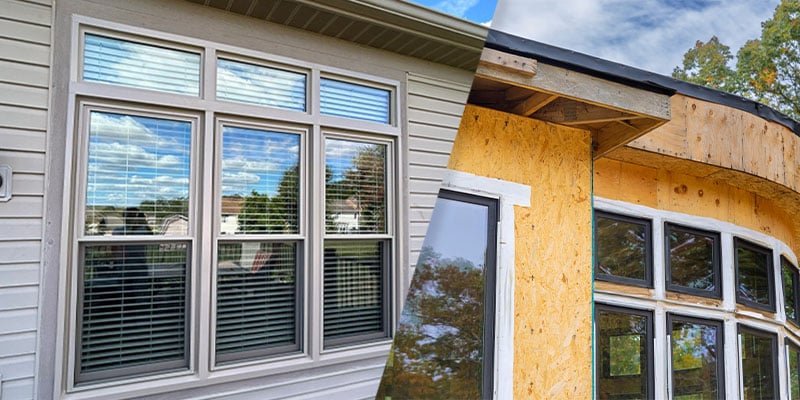
.jpg?width=1200&height=550&name=Copy%20of%20Copy%20of%20ESW%20Collage%20Template%20(3).jpg)
